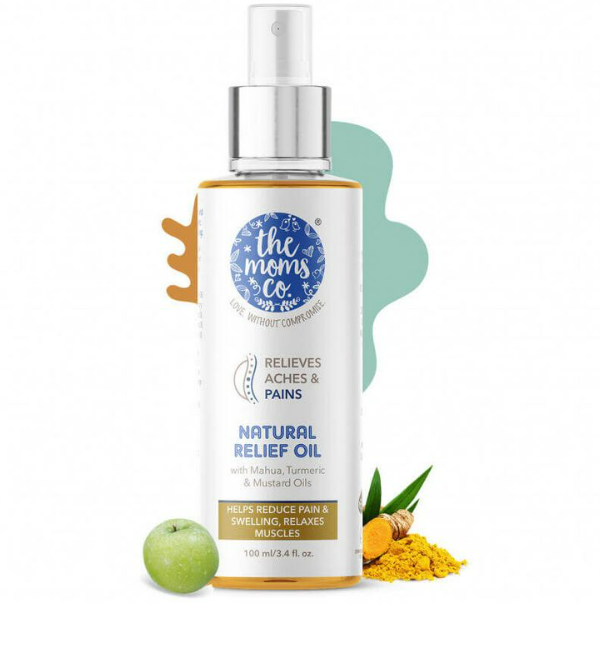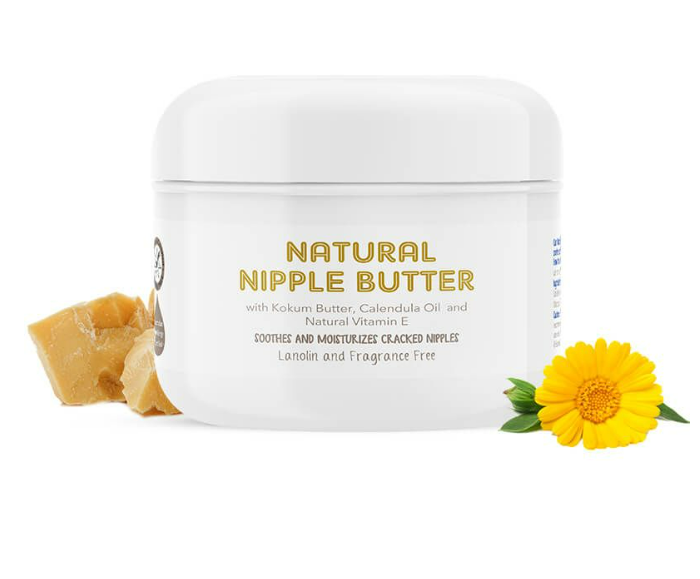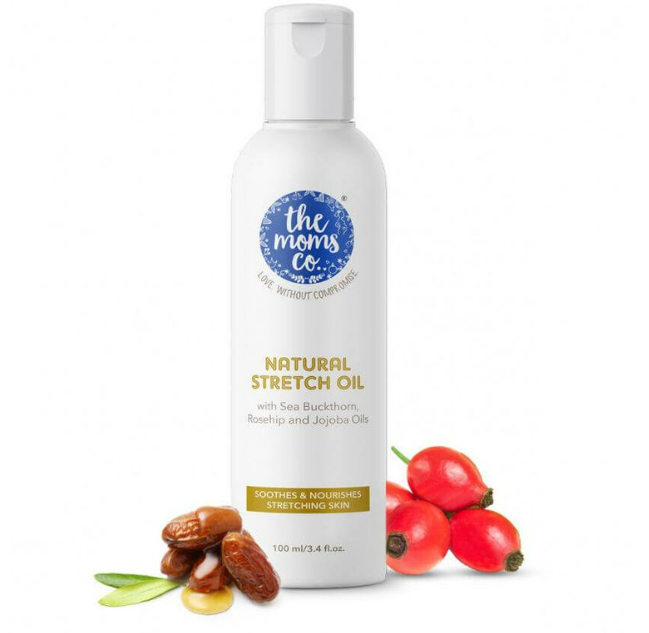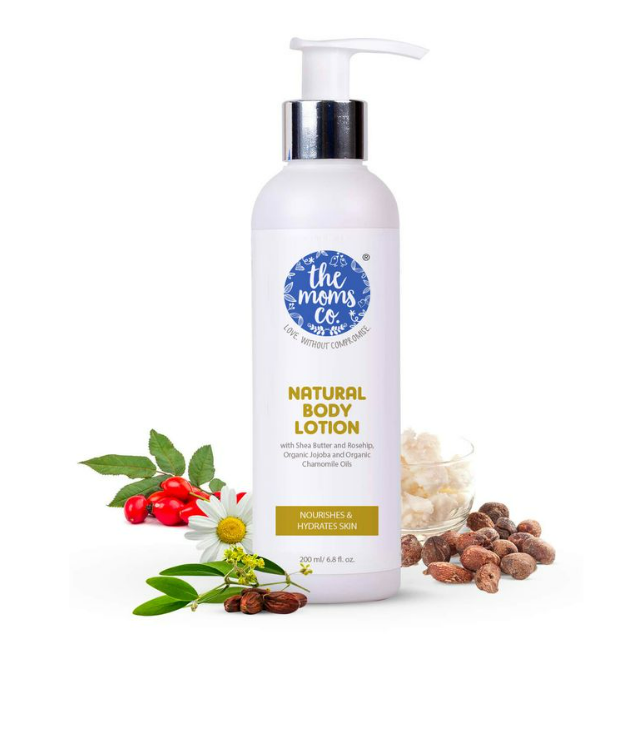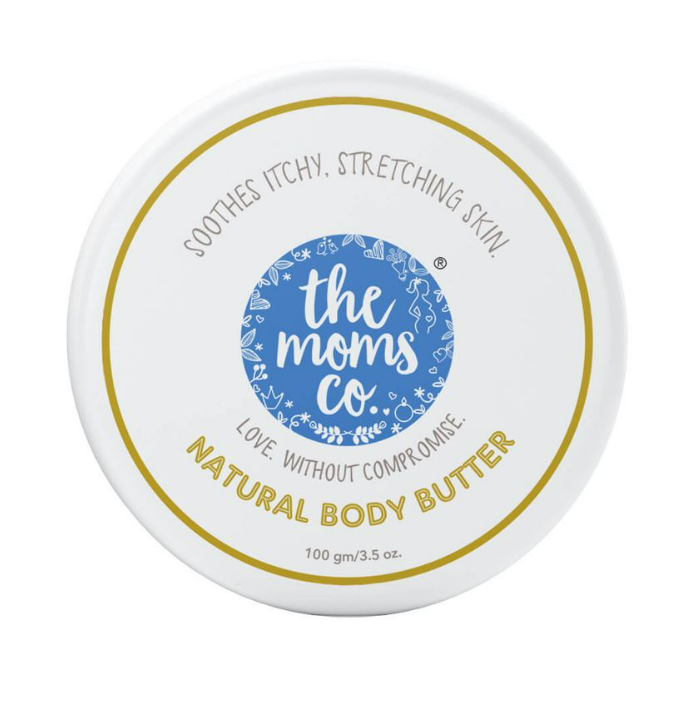
7 Common Postpartum Pains And Effective Ways To Deal With Them
2 Mar 2023 | 7 min Read
Sudeshna Chakravarti
Author | 799 Articles
Now that you have delivered your little bundle of joy, you would’ve expected to bid goodbye to all the cramps and pains that you experienced during pregnancy. But unfortunately, it’s not as easy as it sounds, and now instead of pregnancy cramps, you will be experiencing postpartum pains and aches all over your body.
This is because, after childbirth, your body takes quite some time to return to its pre-pregnancy state, and it’s normal to experience cramps across your body.
But fret not, most of these symptoms resolve within two to four weeks after giving birth, and after that, you will be back to feeling your normal self again.
Read on as we give you a little more information on these common postpartum pains and effective ways to tackle them and reduce discomfort.
What Are Postpartum Pains And How Long Do They Last?
Postpartum pains, also known as afterbirth cramps are uncomfortable aches that signal that your body is trying to get back to its normal state post-childbirth. They usually occur during the first six weeks postpartum, and gradually resolve over time.
These postpartum pains can be eased by using home remedies and taking adequate rest. However, if your symptoms take a long time to subside, or if you experience sudden sharp or abnormal pains, then make sure to consult your healthcare provider immediately as it could be an indication of a serious health condition.
Common Postpartum Pains And How To Deal With Them
Leg Pain
Lep cramps are common during postpartum as the extra weight that you gained during pregnancy exerts pressure on your leg muscles. Additionally, hormonal fluctuations during postpartum relax your ligaments and joints, thereby adding to the pain. Lack of sleep, sitting for long durations while breastfeeding, and magnesium deficiency is also associated with postpartum leg pains.
To ease your cramps, make sure to keep your feet elevated while you are resting or sitting. You can also consider using The Moms Co.’s natural pain relief oil, which contains a powerful blend of botanical ingredients like turmeric oil, mustard oil, and mahua oil that reduce pain and inflammation and reduce stiffness in your muscles to improve mobility. The oil also contains sea buckthorn oil and tamanu oil that boast anti-inflammatory properties and help regain bone and muscle strength after pregnancy.
Pelvic Pain
During pregnancy, the hormones in your body stimulate your pelvic muscles so that they expand and contract during delivery. This causes your ligaments to weaken and loosen, and any strenuous activity (such as walking up and down stairs) can cause pain in your pelvic muscles postpartum.
In some cases, this pain can also occur as a result of a tear in your pelvic tissues during childbirth. Additionally, you may experience this pain while passing bowels, urinating, or even during intercourse.
An effective way to reduce this pain is by practicing Kegel exercises every day. Practicing Kegels will help strengthen your pelvic floor muscles, improve blood circulation in the affected areas, and promote wound healing, thereby reducing your discomfort.
Back Pain
You may suffer from back pain postpartum due to the physical changes that your body has undergone during pregnancy. Also, the physical stress experienced during labour strains your back muscles and weakens them, and it can take a couple of months to regain muscle strength.
Moreover, if you had regular back pain during pregnancy, there is a high chance that you will experience it after your delivery too. Being overweight or inactive may also increase the risk. To soothe your pain, try a hot water compress, and use a pillow to ensure proper support while nursing your baby. You can also try some light stretching exercises to reduce the cramps after getting your doctor’s go-ahead.
Breast Pain
In the first few weeks after childbirth, your breasts may feel tender and sore due to various reasons, such as engorgement, or cracked nipples. While these issues subside within a week or two, or as your little one latches to you properly, you may experience pain and have difficulty nursing your baby.
To soothe your sore nipples, you can consider using The Moms Co.’s natural nipple butter, which is formulated with plant-based ingredients like kokum butter, calendula oil, and wheat germ oil that help relieve pain and soothe cracked nipples. Apply the nipple butter after every feed to get alleviate pain.
Uterus Pain
It will take at least six to eight weeks for your uterus to go back to its pre-pregnancy state after delivery. While your uterus resizes, you may experience some amount of pain and cramps. You may also experience these pains during breastfeeding and they may get stronger with subsequent pregnancies. But don’t worry, this symptom will resolve once your uterus is back to its normal state.
Make sure to avoid all kinds of heavy and strenuous movements and use a lot of hot water compress to alleviate contractions. If you experience severe pain, we recommend consulting your healthcare provider for guidance.
Hip Pain
It is common to experience hip pain, especially after vaginal delivery as your pelvic bones and hip undergo extreme stress during childbirth. Moreover, if there is difficulty in delivering your baby, your healthcare provider may have to use a vacuum and forceps, which may lead to dislocation or severe bruising in your hip area, causing pain.
You need to take lots of rest to reduce your hip pain, and also refrain from lifting any heavy objects at least 2-4 weeks after childbirth. You can also practice Kegel exercises to strengthen your hip muscles after your doctor gives you permission to exercise.
Upper and Lower Abdominal Pain
You may experience both upper and lower abdominal pain during the postpartum period. Lower abdominal pain mostly occurs due to breastfeeding or prolonged contractions of your uterus. In some cases, the pain could also occur due to complications like ovarian cysts, appendicitis, or genital infections.
Pain in your upper abdominal area, on the other hand, is rare and may occur due to gut infections or inflammations. If you experience pain in your upper abdomen, consult your doctor immediately.
For abdominal pain, you can try hot water treatment. It helps improve your blood circulation, thereby alleviating pain.
Conclusion
It is common to experience postpartum pains after delivery. They are just a sign that your body is recovering and going back to its pre-pregnancy state. Try the remedies that we discussed above, and use The Moms Co.’s pain relief oil and nipple butter to soothe your pains. The Moms Co. especially designs products #ForEveryMum #ThroughEveryChange, making them safe to add to your postpartum routine.
Other Products To Try:
Get your hands on these organic products from The Moms Co., which offers the best care to new and expecting mothers.
Also Read:
Must-have postpartum products: These products are a must-have in the first 23 days of postpartum. Do you have them all?
Postpartum essentials: These items can help boost your recovery during postpartum. Tap to know what they are.
Cover Image Credit: Freepik.com
A


Suggestions offered by doctors on BabyChakra are of advisory nature i.e., for educational and informational purposes only. Content posted on, created for, or compiled by BabyChakra is not intended or designed to replace your doctor's independent judgment about any symptom, condition, or the appropriateness or risks of a procedure or treatment for a given person.

